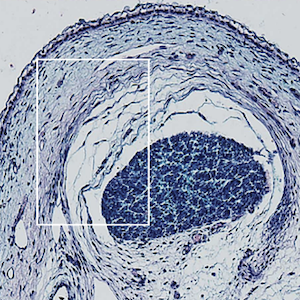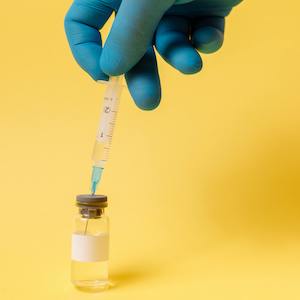Effectiveness and safety profile of tofacitinib and baricitinib in rheumatoid arthritis patients: results from a 24-month real-life prospective study in Southern-Italy

All claims expressed in this article are solely those of the authors and do not necessarily represent those of their affiliated organizations, or those of the publisher, the editors and the reviewers. Any product that may be evaluated in this article or claim that may be made by its manufacturer is not guaranteed or endorsed by the publisher.
Accepted: 17 November 2022
Authors
The primary objectives of the study were to evaluate the efficacy and safety of tofacitinib and baricitinib up to 24 months of follow-up in patients with rheumatoid arthritis (RA) treated in Southern Italy. Patients’ data, activity index, and clinimetric scores were collected at baseline (T0), six (T6), twelve (T12), and twenty-four (T24) months following treatment initiation. At six, twelve, and twenty-four months, adverse events and treatment cessation were also recorded. Sixty-eight patients (mean age: 62.2±10.9 years; mean RA duration: 15±9.6 years) were enrolled over a period of 12 weeks. At baseline, twenty-four patients (35.3%) were treated with tofacitinib, and forty-four patients (64.7%) were treated with baricitinib. The baseline mean disease activity was moderate as measured by DAS28- ESR (5.0±1.0), DAS 28 CRP (4.69±0.94), and SDAI (26.87±10.73) score. Before beginning JAKinhibs therapy, thirty-two patients (61.8%) were taking bDMARDs, while the remaining thirty-six (38.2%) were bDMARDs-naïve. The 24-month retention rate for JAKinhibs was 91.1%. Six months after beginning treatment with JAKinhibs, a statistically significant improvement was observed in all evaluated activity indices and clinimetric scores. Improvement was confirmed during the 12- and 24-month follow-up evaluations. The positive correlation between baseline-T6 SDAI delta and discontinuation of JAKinhibs (p=0.02) suggests that RA worsening in the first six months may be a predictor of therapy withdrawal. Patients with RA responded favorably to tofacitinib and baricitinib in this prospective, real-world study from a single center in Southern Italy. Efficacy was observed despite an underlying persistent and treatment-resistant disease.
How to Cite

This work is licensed under a Creative Commons Attribution-NonCommercial 4.0 International License.











